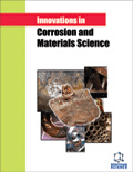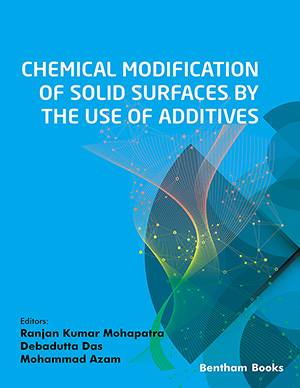Abstract
Titanium alloy is commonly used in dental implants as the material for the abutment that connects the crown to the screw drilled into the bone. During mastication, small fretting movements between the abutment and the screw can occur and saliva can enter in to the contact zone, causing fretting-corrosion (tribocorrosion) mechanisms in the abutment. These tribocorrosion mechanisms can lead to weakening and possible failure of the implant. This study will validate the use of a novel apparatus for tribologial studies. To confirm the accuracy of the apparatus, titanium type 5 (Ti6Al4V) alloy discs were polished and placed in a nonconductive basin with artificial saliva as the electrolyte. A potentiostat made by Biologic was used with a three electrode system. Two biomedical applications were considered for the pilot tests, i.e. Dentistry and orthopedics. Artificial saliva at pH of 6.5 and bovine calf serum (BCS) of pH 7.6 were used as electrolyte. The plate then underwent a tribological motion (fretting). Tribocorosion tests were conducted in a free potential mode. Potential and the coefficient of friction were monitored during the test. The tests were performed under loads of 2N and 5N. Electrochemical impedance spectroscopy (EIS) tests were conducted before and after the tribcorrosion tests (at Ecorr, 100 Hz to 0.05 Hz, ± 10mV). The value of the corrosion potential during fretting was within values of other corrosion potentials published by similar studies. This shows that the tribocorrosion apparatus constructed can be used in tribological studies and it can provide accurate electrochemical responses associated with tribological events. The apparatus could be used for different biomedical applications in dentistry and orthopedics.
Keywords: Apparatus, dental implant, tribocorrosion, tribology.
 24
24







